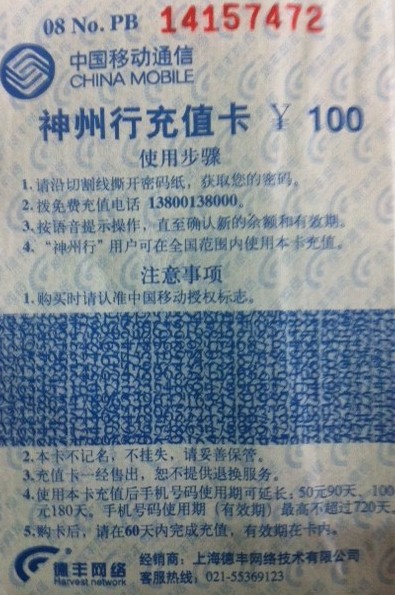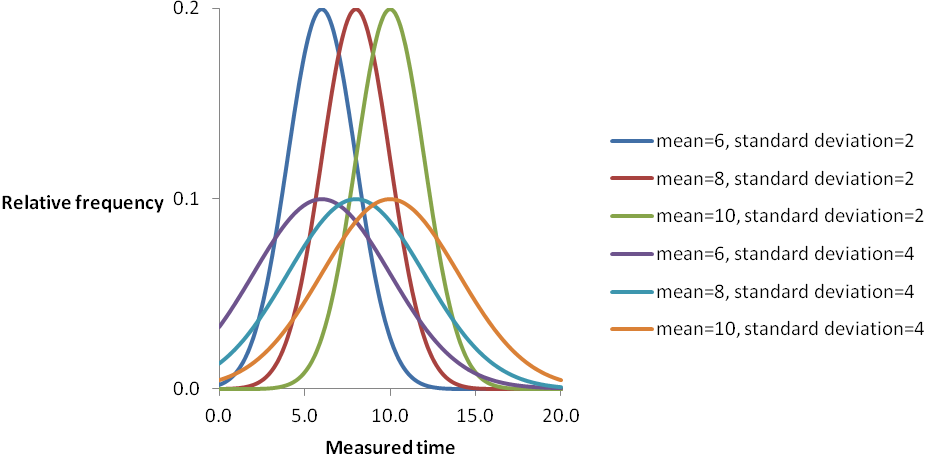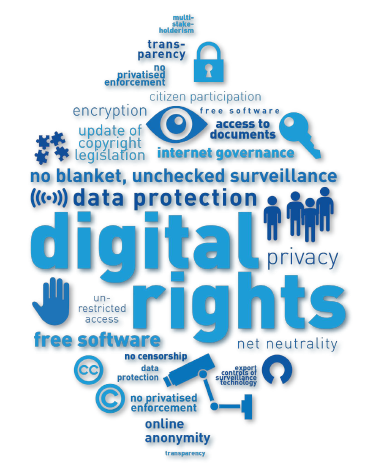
Protection of consumers with prepaid accounts
26.06.2020Regulating to protect consumers with prepaid accounts The ability to pay for mobile service in small increments,[1] as and when they are needed and resources permit, is a major factor in making the service affordable to people on low or unpredictable incomes. Affordability remains a barrier to Internet usage for large groups in Africa, South Asia, and Latin America (After Access 2017: 26, 37, 59). Despite a drift away from prepaid packages towards postpaid contracts (generally fostered by service providers, especially in richer countries), prepayment remains the dominant payment mechanism for mobile service throughout the developing world, and is still…
Read »


